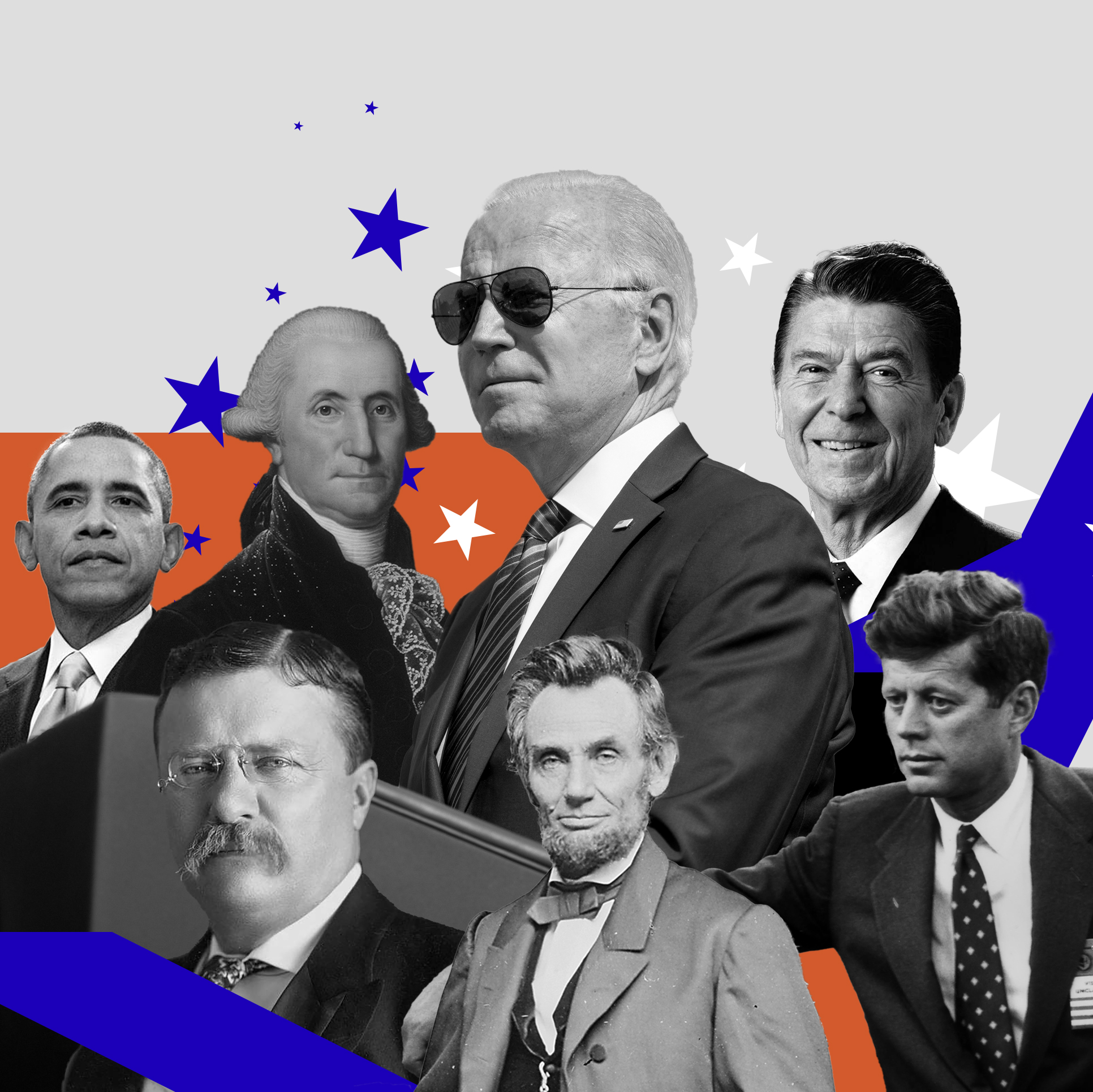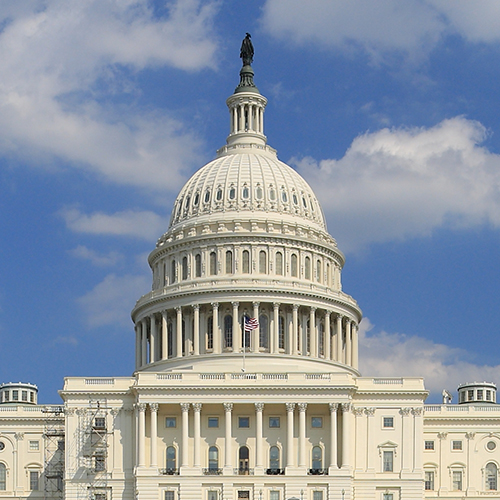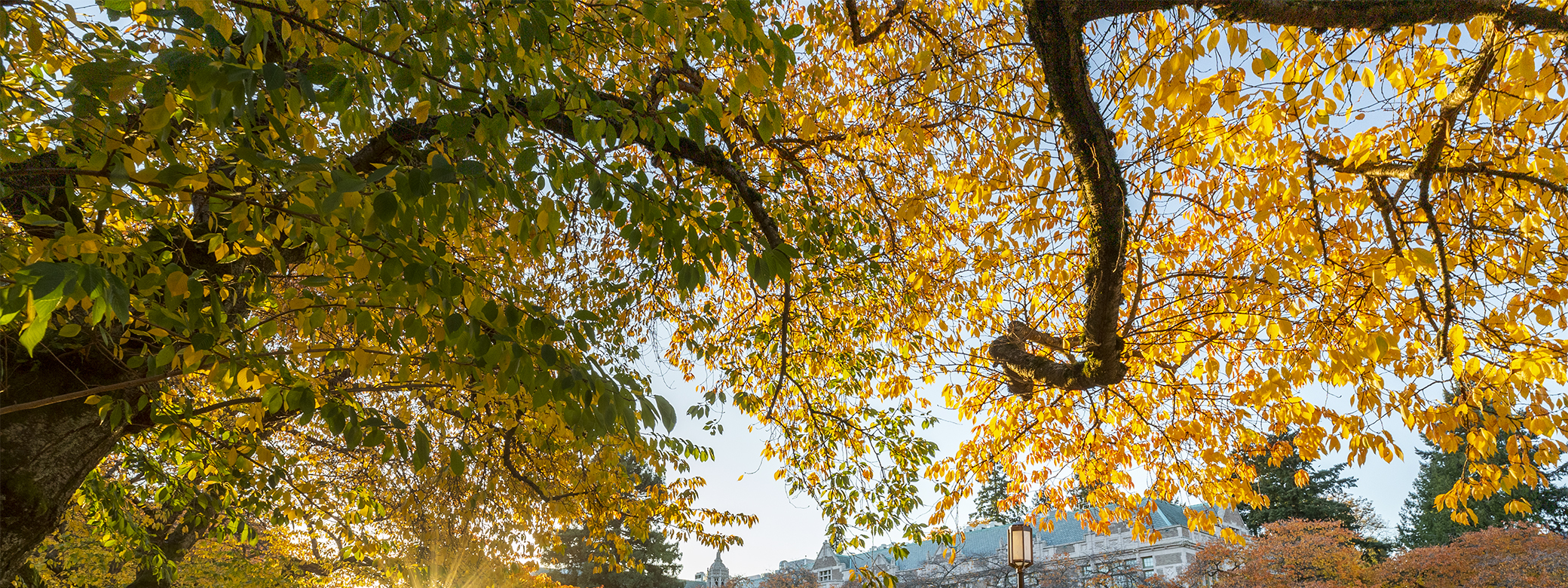
Sam Dubal was in a hurry to change the world. Determined to address inequities in medicine, he earned a medical degree and a PhD in medical anthropology by the time he was 31. He published his first book a year later, before joining the UW faculty as an assistant professor of anthropology last year. One month into his new position, Dubal — an avid hiker — disappeared on Mt. Rainier. His life and stellar career were cut short.
A new endowed fellowship in the UW Department of Anthropology will continue Dubal’s work, supporting graduate students focused on racial justice in medicine, health, or social movements.
“Sam wanted to use the tools of anthropology to address questions of racism and build an anti-racist society and world,” says colleague and close friend Raphaëlle Rabanes, UW assistant professor of anthropology. “Though he had just started at the UW, he was already having an impact.”
On October 15, faculty and students from across campus gathered at the UW’s Drumheller Fountain to commemorate the first anniversary of Dubal’s disappearance.
Fierce Intellect, Fierce Caring
Before Rabanes and Dubal joined the UW faculty concurrently, they were classmates in UC Berkeley’s doctoral program in medical anthropology. There Rabanes saw firsthand how Dubal encouraged dialog and welcomed people into challenging conversations. “As he advocated for change, he facilitated difficult conversations with kindness,” Rabanes says. “That was really powerful. He was someone you could profoundly trust.”

At Berkeley, Dubal co-founded Radical Medicine, an inclusive collective that brings together activist scholars and community members, including front-line medical workers, united by the goal of rethinking and re-visioning medical and psychiatric practice.
For his doctoral research, Dubal conducted intensive fieldwork into the lives of former child and youth soldiers in Uganda. That led to his book, Against Humanity: Lessons from the Lord’s Resistance Army, in which he noted that even the most well-intentioned humanitarian and medical efforts can lead to violence if there is not a deep understanding of the contexts in which those efforts are enacted.
After earning his PhD in medical anthropology from Berkeley in 2015, Dubal received an MD from Harvard Medical School in 2017. “Anthropology and medicine were always intermingled for him,” says Rabanes. “He saw medicine as a tool for social change.”
Dubal chose to continue his academic career at the UW, joining the Department of Anthropology as an assistant professor. He had other offers but chose the University of Washington because of its strong commitment to medical anthropology. The department knew Dubal was special right away.
As he advocated for change, he facilitated difficult conversations with kindness. That was really powerful.
“He stood out to us because he had an uncommon combination of fierce intellect and equally fierce caring for the effects of marginalization on people that flowed from his heart,” says James Pfeiffer, professor of anthropology and global health. “In the world of academia and medicine, his authentic, spiritual, and brave voice was astonishing and rare.”
At the time of his disappearance, Dubal had just begun teaching his first UW course, Anthropology of Soccer. The course used soccer as a vehicle to explore such classic sociocultural themes as group behavior, exploitation of bodies, and violence. He was scheduled to teach an introductory course on medical anthropology and global health during winter quarter 2021.
A Legacy Lives On
With support from the Sam Dubal Endowed Fellowship, UW graduate students in medical anthropology will continue Dubal’s important work. The endowment, established by Dubal’s parents, is for medical anthropology graduate students pursuing work related to racial justice — students who might be inspired to become activist scholars like Dubal, directly addressing racism and other inequities that fuel health disparities.

“Our hope is that this will serve Sam’s legacy by opening lines of research that are important and revolutionary,” says Dena Dubal, Sam’s sister. “The fellowship will support the training of individuals and projects that advance a collective mission toward an ethical world.”
Dubal’s siblings revel in their brother’s uncompromising moral compass and staunch commitment to pursuing justice and anti-racism in medicine. “He was five years younger than me, but someone I aspired to be like,” says sister Veena Dubal. “His kind heart, modesty, and humor contrasted and complemented his brilliant mind and strong, serious commitment to radical thinking and learning.” Adds Dena, “How can someone be so unbeholden to anyone, challenging ideas in ways that are revolutionary, and yet remain so deeply beloved by everyone? It is rare to see those qualities together…and yet that was Sam.”
Dubal was also a beloved son to Saroj and Bharat Dubal, who created the fellowship in his name to honor his life and legacy. The family’s gift, combined with support from more than 400 friends, family, and community members, established the $250,000 endowed fellowship. A fellowship has also been established at UC Berkeley.
“I used to call Sam my sunshine, and his departure has created darkness in our hearts,” says Dubal’s mother, Saroj. “One way that we are creating light is through these scholarships. We want to help those who can uphold Sam’s dedication and commitment to justice in anthropology and medicine.”
“Sam’s career was just beginning,” adds Dubal’s father, Bharat. “Through this fellowship, his legacy can live on.”
More Stories

Is This Presidential Campaign Different?
UW History professor Margaret O'Mara provides historical context for this moment in US presidential politics.

Making Sense of This Political Moment
To navigate this momentous election season, Arts & Sciences faculty suggest 10 books about the US political landscape.

The Mystery of Sugar — in Cellular Processes
Nick Riley's chemistry research aims to understand cellular processes involving sugars, which could one day lead to advances in treating a range of diseases.
